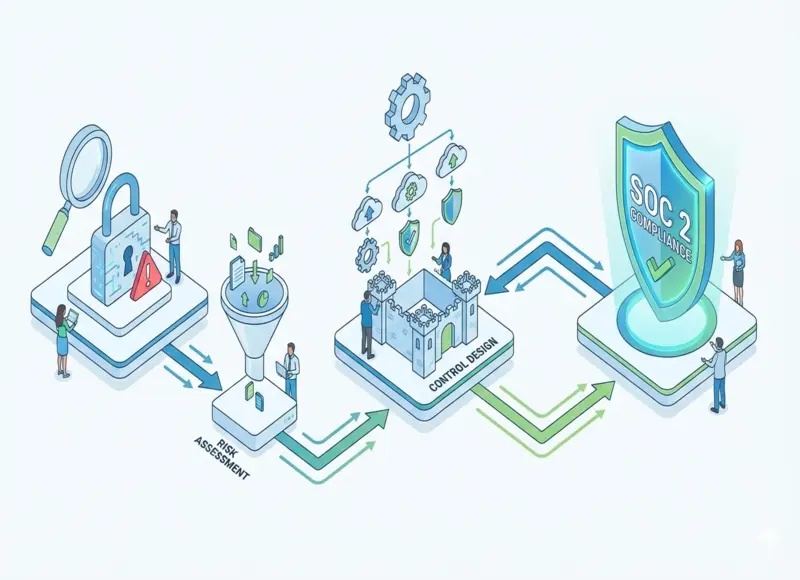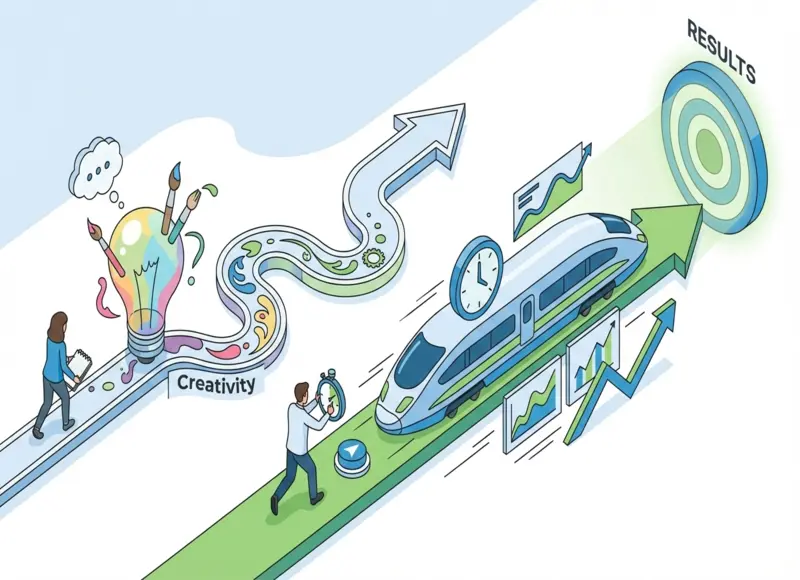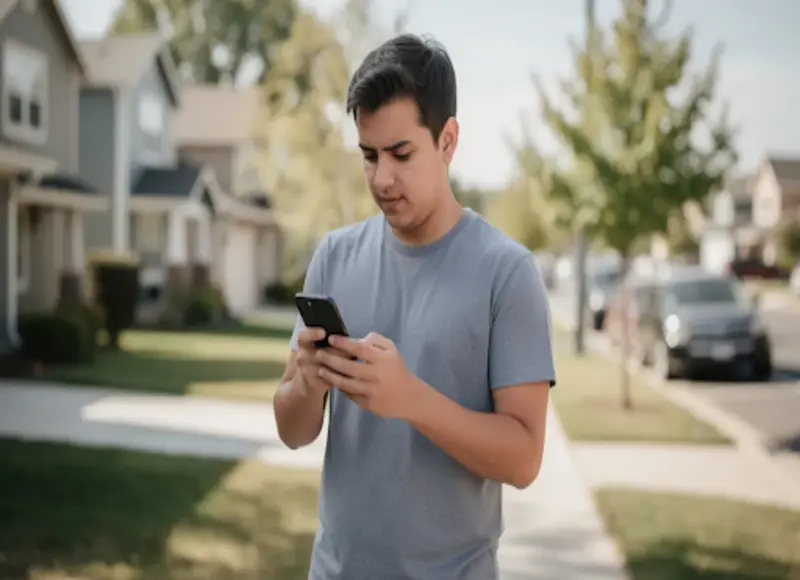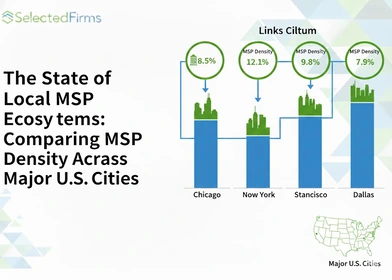Table of Contents
Discover the essential guide to understanding the pros and cons of Artificial Intelligence with "Pros and Cons of Artificial Intelligence: What You Need to Know."
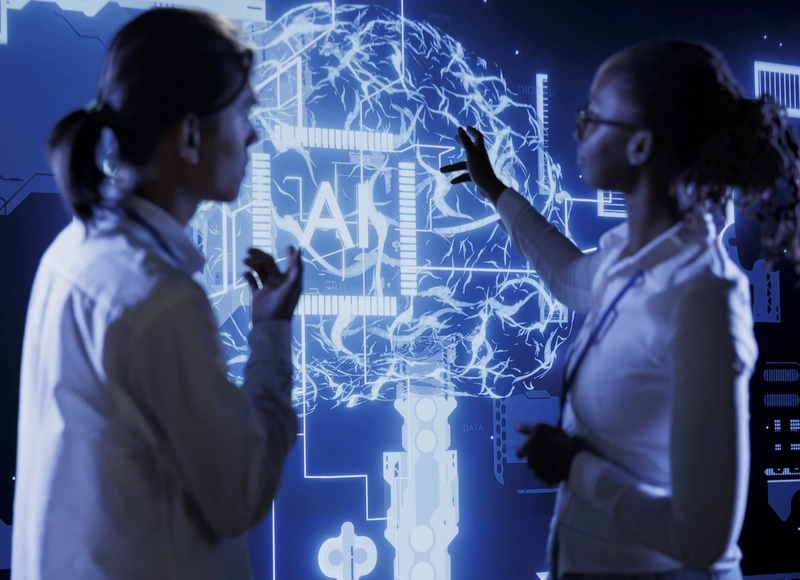
Technology moves ridiculously fast these days. Do you recall when we believed flip phones were innovative? Now, we're talking to our refrigerators, and cars are starting to drive themselves. Artificial intelligence isn't some far-off sci-fi dream anymore – it's here, changing everything from how we work to how we waste time scrolling through perfectly curated feeds.
But here's the thing nobody really talks about at dinner parties: we're all kind of winging it when it comes to understanding what AI actually means for us. Sure, we use Siri to set timers and let Netflix tell us what to watch next, but the bigger picture? That's where things get messy.
The thing is, AI development companies are experimenting at a speed that has never been seen before. A couple of years ago, we had Will Smith eating spaghetti in some glitchy AI-generated video. Now, with Veo-3, it feels like it was shot with an IMAX camera.
That speed is impressive but also a little scary. Especially with all AI-generated fake news videos spreading across social media all the time (for now, with hilarious intentions).
These breakthroughs highlight both the advantages and disadvantages of AI – while it powers creativity and automation, it also blurs the line between fiction and reality.
Why AI Matters More Than You Think
Last Tuesday, I watched my neighbor's kid do homework with an AI tutor. The thing explained calculus better than my high school teacher ever did. Made me wonder – are we looking at the death of traditional education or its evolution? That's the kind of question that keeps me up at night.
The truth is that artificial intelligence has already snuck into nearly every corner of our lives. Your spam filter? AI. That creepy-accurate ad for shoes you looked at once? AI again. The medical scan that caught your aunt's tumor early? Yep, AI had a hand in that, too.
The Good Stuff: Why AI Might Actually Save Us
Making Life Less Annoying
Let's start with the obvious wins. AI takes care of the mind-numbing stuff humans hate doing. Data entry, sorting through thousands of documents, finding patterns in chaos – machines eat this stuff for breakfast.
My buddy runs a small accounting firm. Last year, he started using AI software to handle basic bookkeeping. What used to take his team days now happens in hours. They're not working less – they're just doing more interesting work. Client consultations, strategic planning, the human stuff that actually matters.
If you ask me, my favorite trend is watching AI-generated monkeys and gorillas making vlogs. That’s just a different kind of vibe but a very creative one.
Healthcare That Actually Works
Here's where things get genuinely exciting. AI doesn't get tired after a 12-hour shift. It doesn't miss subtle patterns because it had a fight with its spouse that morning. In radiology departments across the country, AI systems are catching cancers that human eyes miss.
But it's not just about diagnosis. Drug discovery used to take decades and billions of dollars. AI is cutting that time dramatically. Imagine new treatments for rare diseases that pharmaceutical companies previously ignored because the math didn't work out. That's happening right now.
It’s the point in time when you can always go for a second opinion. But not to another human doctor in some other city, but instead to the chatbot on your laptop. Of course, don’t rely on it, but it’s always good to have an extra ear to listen.
Your Personal Army of Assistants
Remember hiring someone to plan your schedule? Now your phone does it. Need to translate a menu in Tokyo? Point your camera. That’s available on Google, too, by the way! Want to learn guitar? AI-powered apps listen to and correct your technique in real time.
This isn't about laziness – it's about democratizing access. Not everyone can afford a personal trainer, language tutor, or financial advisor. AI puts stripped-down versions of these services in everyone's pocket.
This army saves you money, keeps you on speed, and even takes care of stuff that makes you either snore or high on caffeine.
The Ugly Truth: Why We Should Be Worried
Jobs Are Disappearing (And Not Just Simple Ones)
Factory workers saw this coming first. Amazon, for instance, has been in the news for its warehouse robots. In another instance, robots are building cars. But that’s old news as well. Now, AI writes basic news articles, creates legal documents, and even composes music. My cousin, a paralegal, spends half her time worried about whether her job will exist in five years.
The scary part? We're terrible at predicting which jobs are actually safe. Radiologists thought they were irreplaceable. Now, AI reads scans. Translators felt secure until AI started handling multiple languages fluently. Even creative fields aren't immune – AI generates artwork that sells for thousands.
The Bias Problem Nobody Wants to Address
Here's an uncomfortable truth: AI learns from us, and we're pretty flawed teachers. Feed an AI system data from a racist society, and guess what? You get a racist AI. This isn't theoretical – it's happening right now in hiring systems, loan applications, and criminal justice.
You never know when you have to ditch an AI recruiting tool after discovering it systematically downgrades resumes from women. The system can learn from historical hiring data, which reflects decades of bias.
Privacy? What Privacy?
Every time you use AI, you're feeding it data. Your shopping habits, communication patterns, even how fast you type – it's all being collected, analyzed, and used to build profiles more detailed than anything Orwell imagined.
The Cambridge Analytica scandal was just the appetizer. AI systems can now predict your behavior better than you can. They know when you're likely to get sick, quit your job, or break up with your partner. Useful? Sure. Terrifying? Absolutely.
The possibilities of using AI to optimize productivity are endless, and some of these possibilities can be ruthless.
When Machines Make Life-or-Death Decisions
Self-driving cars sound great until one has to choose between hitting a pedestrian or swerving into oncoming traffic. For instance, medical AI seems amazing until it misdiagnoses someone because it was trained primarily on data from patients with anemia only. Military drones with AI targeting systems? Let's not even go there.
The problem isn't just technical – it's philosophical. Who's responsible when an AI makes a fatal error? The programmer? The company? The user? We're deploying these systems faster than we're developing frameworks to govern them.
Finding Balance in an AI World
It's Not About Stopping Progress
Trying to halt AI development is like trying to reinvent the internet – pointless and impossible. Countries and companies that fall behind in AI will become irrelevant. The question isn't whether to embrace AI but how to do it without losing our humanity in the process.
Education Needs a Complete Overhaul
Teaching kids to memorize facts and follow instructions made sense when we needed human factories. Now? We need creative problem-solvers who can work alongside AI. Critical thinking, emotional intelligence, and adaptability – these are the skills that matter when machines handle routine stuff.
Some schools get it. They're teaching kids to code, sure, but also philosophy, ethics, and how to question algorithmic decisions. My nephew's elementary school has "AI literacy" classes. Wild times.
Regulation Without Strangulation
We need rules, but smart ones. The European Union's approach – making companies explain AI decisions and giving people the right to human review – seems reasonable. The challenge is creating oversight that protects people without killing innovation.
This isn't easy. Regulators barely understand social media, and now we're asking them to govern artificial general intelligence? Good luck with that. We need technologists in government and policymakers who actually understand code.
The Human Touch Premium
Here's my prediction: as AI handles more routine tasks, human interaction becomes a luxury. Handmade goods, human-performed services, and actual conversations – these become premium products. We're already seeing this with "artisanal" everything and the rise of "digital detox" retreats.
Smart businesses are figuring this out. They use AI to handle the boring stuff but keep humans for anything requiring empathy, creativity, or complex judgment. The bartender who remembers your usual and asks about your kids? Not getting replaced anytime soon.
The Bottom Line
Artificial intelligence is like fire – transformative and dangerous, capable of warming our homes or burning them down. The difference is we've had thousands of years to figure out fire safety. With AI, we're building the plane while flying it.
The benefits are real and remarkable. AI could help us cure diseases, reverse climate change, and eliminate mundane work. But the risks – job displacement, privacy erosion, algorithmic bias, and existential threats – are equally real.
What keeps me cautiously optimistic is that we're having these conversations now, not after it's too late. Every major technological shift has prophets of doom and utopian dreamers. Reality usually lands somewhere in between.
We don't need to fear AI, but we can't afford to be naive about it either. Understanding both its promise and perils isn't just smart – it's essential for navigating the world we're building. Whether that world becomes a paradise or a nightmare depends on the choices we're making right now.
The machines are here. The question is: what are we going to do about it?
Recent Blogs
Scaling Smarter: How Property Management Software Simplifies Rental Management
-
10 Feb 2026
-
6 Min
-
34
The State of Local MSP Ecosystems: Comparing MSP Density Across Major U.S. Cities
-
06 Feb 2026
-
7 Min
-
260

